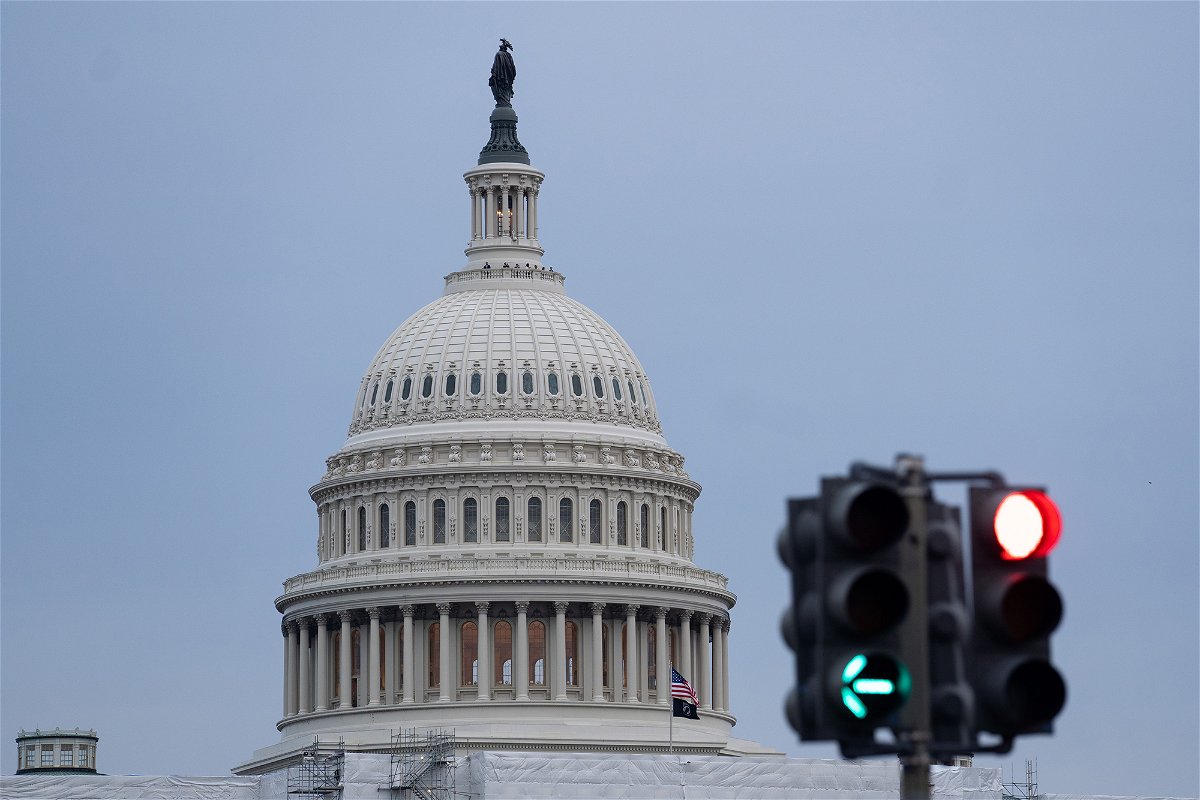Six takeaways from the Senate hearing on recent bank failures

Lawmakers will begin their investigation into what led to the second-largest bank collapse in US history.
By Nicole Goodkind, CNN
Silicon Valley Bank’s downfall sent waves of panic through the financial system earlier this month, setting off a chain reaction of chaos with which regional banks are still grappling.
Now, lawmakers are in the midst of an investigation into what led to the second-largest and third-largest bank collapses in US history — and how to prevent something similar from happening again.
On Tuesday, members of the Senate Banking Committee probed federal regulators: Martin Gruenberg, chairman of the board of directors of the Federal Deposit Insurance Corporation; Nellie Liang, under secretary for domestic finance at the US Treasury; and Michael Barr, vice chair for supervision at the Federal Reserve, about the tumultuous events that sent financial systems into a frenzy.
Here are some of the key issues that arose from the hearing:
Silicon Valley Bank customers
New details that emerged underscored the enormity of the bank run at SVB as it became the second-largest bank failure in American history.
Panicked customers attempted to withdraw a staggering $100 billion from Silicon Valley Bank on the day the tech lender was shut down by regulators, Barr revealed on Tuesday.
Officials have previously detailed that customers successfully pulled $42 billion from Silicon Valley Bank on March 9, the day before it was shut.
Mismanagement led to SVB’s failure
In his testimony, Barr also detailed how SVB leadership failed to effectively manage interest rates and the risk of running out of cash.
SVB’s failure is a “textbook case of mismanagement,” Barr said.
The Fed official pointed out that SVB’s belated effort to fix its balance sheet only made matters worse.
“The bank waited too long to address its problems and, ironically, the overdue actions it finally took to strengthen its balance sheet sparked the uninsured depositor run that led to the bank’s failure,” said Barr, adding that there was “inadequate” risk management and internal controls.
“Social media saw a surge in talk about a run, and uninsured depositors acted quickly to flee,” he said.
Regulators say banks are safe
Barr echoed comments from other top regulators in assuring the public about the safety of banks.
“Our banking system is sound and resilient, with strong capital and liquidity,” he said Tuesday. “We are committed to ensuring that all deposits are safe. We will continue to closely monitor conditions in the banking system and are prepared to use all of our tools for any size institution, as needed, to keep the system safe and sound.”
Gruenberg of the FDIC said that the collapses of SVB and Signature Bank “demonstrate the implications that banks with assets over $100 billion can have for financial stability. The prudential regulation of these institutions merits serious attention, particularly for capital, liquidity, and interest rate risk.”
More regulation is needed
Democratic Senator Elizabeth Warren of Massachusetts grilled federal regulators on their commitment to tightening banking rules.
“Executives at SVB and Signature [Bank] took wild risks and must be held accountable for exploding their banks,” Warren said. “But let’s be clear, these collapses also represent a massive failure in supervision over our nation’s banks.”
All three federal regulators called to testify agreed with Warren that the government needs to strengthen the rules for banks to help prevent future bank collapses.
“I anticipate the need to strengthen capital and liquidity standards for firms over $100 billion,” said Barr.
Bank executives could land in trouble
Both Gruenberg and Barr confirmed on Tuesday that they are considering serious action against the people who ran the banks.
Recent Securities and Exchange Commission filings also show that former SVB CEO Greg Becker sold more than $2 million in bank stocks in late February and $1.1 million in stocks in January, ahead of the bank’s failure.
Becker took home about $10 million in compensation last year. Joseph DePaolo, the former CEO of Signature Bank, received about $8.6 million.
Both the FDIC and Federal Reserve have the authority to claw some of that money back and further penalize bank executives.
“The board does have authority to pursue actions against individuals who engage in violations of the law, who engage in unsafe or unsound practices who have engaged in breaches of fiduciary duty,” said Barr.
“We retain this authority even after a bank fails, and we stand ready to use this authority to the fullest extent based on the facts and circumstances,” he said. Potential consequences include prohibition from banking, civil money penalties, or the payment of restitution.
Gruenberg said that his agency is already conducting investigations into the conduct of board members, executives and other affiliated parties of the failed banks.
More hearings are coming
On Wednesday, the House Financial Services Committee will continue with its own line of questioning — and it’s not likely to be the last, as lawmakers contemplate and debate potential changes to finance regulations and supervision.
Becker and DePaolo have both been asked to testify at a later date.
— CNN’s Matt Egan and Krystal Hur contributed to this report.
The-CNN-Wire
™ & © 2023 Cable News Network, Inc., a Warner Bros. Discovery Company. All rights reserved.